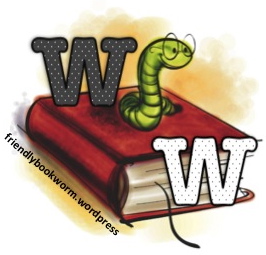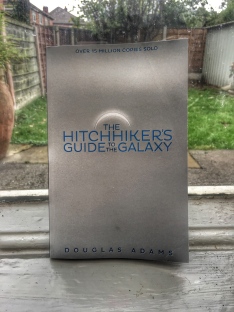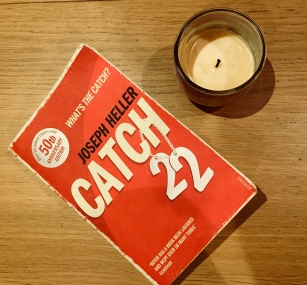



Published: 2001
I was told to read this book by my boyfriend who wanted to go see the film. As we happen to have a copy of it at home, I found this as an ideal reason to go ahead and read it before we went to see it opening night at the cinema. The book was relatively short, just shy of 300 pages, and as it was children literature I was able to get through it in a span of a couple of days.
Essentially, the book is about a boy named Tom, a young Apprentice Historian, that resides in London. This is not the typical London that you would expect though, as it’s not a stationary city. Instead most of the cities and towns that populate the world have built themselves on wheels. The world has become a city-eat-city kind of world, with the bigger cities often eating up the few small towns left leading to a bit of a crisis and battle for food and resources.
Tom’s adventure really starts when he comes across an attempt-assassin, Hester Shaw; a girl who tried to murder his idol, Head of the Guild of Historians, Thaddeus Valentine. This attempt assassination ends up revealing to Tom that Valentine is not the man he thought him to be, and learns that he has killed Hester’s mother. The rest of the book they try to survive the new and stagnant world, and attempt to board back on London (as they were both pushed off London by Valentine) to stop him from doing further evil.
The book itself I am sad to say was just okay for me. It wasn’t terrible, but I don’t think I would pick it up and read it again or anytime soon. Unlike other children literature novels, this one very much felt like it as written for kids, not giving much to the adult reader to ponder about. It had a standard adventure, good versus evil story, with a protagonist and antagonist but it didn’t offer anything unique or particularly interesting about the journey. If anything it sometimes felt very rushed and tidied together rather roughly.
I do like the character development, for a children’s novel I think it did okay. I can definitely see the argument that these characters did seem quite predictable, but I did like the attempt at bringing in new and interesting characters later on in the book as this made me interested to read on and see who else we would meet. I also really appreciated that the character relationships felt authentic, and there weren’t any crazy, and unbelievable love triangles getting in the way of the story.
The concept of having cities on wheels, and how the author explains the history behind that shift to moving machines was really interesting. I was really intrigued from the beginning to learn more about how the cities came to be like this, and I’m happy to say that the author does a good job weaving an interesting enough story/explanation. I think that this is why the ending is especially interesting, and possibly the highlight of the book.
What disappointed me the most is probably that I liked the idea/concept that this book presented, I just don’t think it was given the time and level of detail to make it truly engaging and entertaining. I found the plot a bit rushed and fragmented, with superfluous characters that I didn’t quite understand their purpose.
It feels as though the author captured the trend at the time of writing – early 2000s I think gave birth to a lot of YA dystopian and steampunk genres being explored. Unfortunately, it doesn’t withstand the test of the time and now feels a bit outdated to me. I think I may have appreciated this more if I had read it at the time of publishing – when I was 11 years old and living in that time period. Now it just reads a bit like a “has-been”.
In terms of the film, which I was really looking forward to seeing after reading the book as I imagine the cinematography to be top notch, I wouldn’t recommend seeing it as it’s very different from the book and this actually peeved me quite a bit. Aside from the costumes and cinematography of the moving cities, everything else was subpar to the book. They completely missed out on a lot of plot, making it even more fragmented, and we didn’t get to see the character relationships develop at all. I did think that the casting was really good for Fang, Hester and even Valentine.
Q: Have you read a book shortly before watching the film? How did you feel about the experience?







 .
.







